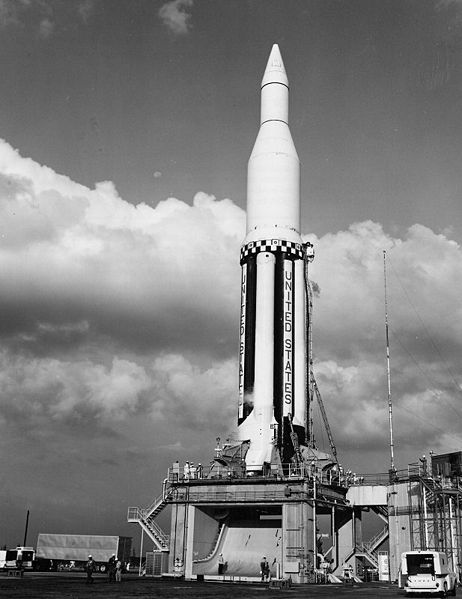Each day that slips by us turns a little more of the present into the past. The things we are doing today may be aimed at carving a road into the future, but it’s imperative that we don’t let the evidence of our passing get lost and forgotten. One branch of archaeology, the growing field of space archaeology, is aimed at doing just that.
Recently, archaeologists went out of their way to recover the remains of the Saturn V rockets from the Atlantic Ocean. As older rockets tended to do, they launched in stages and would leave bits of themselves behind once those parts were no longer useful. In order to keep them from falling on anyone’s head, the rockets were launched over the ocean. These pieces of the Saturn V rockets had been sitting in the ocean for more than 50 years now, under threat of being lost forever. It was up to Jeff Bezos, the founder of the Internet giant Amazon to rescue them.
Finding the rockets was no easy task. This major undertaking employed flight data from the original launch combined with sonar scanning and some undersea robots to seek out the proper location. Unfortunately, the engines recovered are not complete and the main goal, the recovery of the famous Apollo 11 rockets, has not yet been achieved. The action of the ocean on the metal made it difficult to figure out exactly which rockets were which.
Bezos won’t get to keep the rocket parts he found, of course, since they’re still technically owned by NASA. But his motivation wasn’t to grab them up for himself, but to recover and preserve them for prosperity. His next goal is to see if the rockets can be reassembled so that they can go on display at the Smithsonian space museum for the entire world to see.
